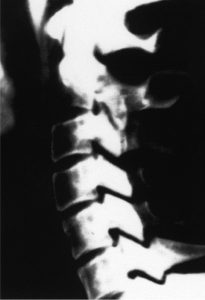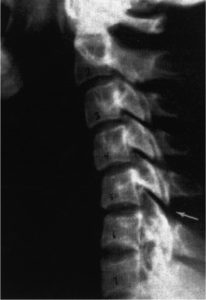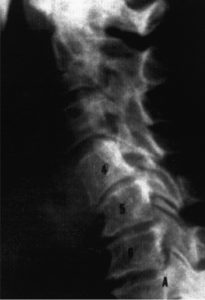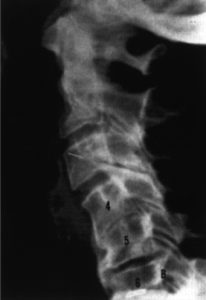Phases of Degeneration
As we age, the stresses of daily life and activity wear our body down. This can cause our spines to degenerate, which results in pain, reduced mobility and even illness which prevents us from enjoying life and forces us into the role of spectator. For many who want to recover the joy in their daily activities, learning about the phases of degeneration and the means by which chiropractic care can correct the associated problems may be the answer. Chiropractic can fix many problems associated with subluxation.
The Phases of Subluxation Degeneration
Even if your spine was once perfectly straight and optimal, as you age and undergo the rigors of daily physical activity, your spine will degenerate. Vertebrae fuse together as the cartilage discs between them degenerate, creating a misalignment known as vertebral subluxation complex. This ailment occurs in four phases, with each creating progressively more difficult symptoms and health issues.
The first phase of subluxation degeneration sees the basic and normal curve of the spine alter. This doesn’t necessarily represent damage, but it is a symptom of changing space between the discs. Generally this phase goes unnoticed because it carries no pain. However, proper chiropractic care can diagnose this issue and stop further misalignment and degeneration.
PHASE 1 DEGENERATION
The first phase of subluxation degeneration sees the basic and normal curve of the spine alter. This doesn’t necessarily represent damage, but it is a symptom of changing space between the discs. Generally this phase goes unnoticed because it carries no pain. However, proper chiropractic care can diagnose this issue and stop further misalignment and degeneration.
Phase II of vertebral subluxation sees the Phase I misalignment continue further, with the disc spaces beginning to narrow, the patient’s range of motion beginning to limit, and certain stiffness and aches developing. At this point, prior damage may be irreversible, but chiropractic can help to restore function to near-normal levels.
PHASE 2 DEGENERATION
Phase II of vertebral subluxation sees the Phase I misalignment continue further, with the disc spaces beginning to narrow, the patient’s range of motion beginning to limit, and certain stiffness and aches developing. At this point, prior damage may be irreversible, but chiropractic can help to restore function to near-normal levels.
At phase III, proper healthcare is essential or spinal fusion begins. Disc damage has by now become permanent, as so has the abnormal curvature of the spine. Degeneration continues to worsen, but chiropractic can still slow or even stop the degeneration and relieve many of the symptoms you might be experiencing.
PHASE 3 DEGENERATION
At phase III, proper healthcare is essential or spinal fusion begins. Disc damage has by now become permanent, as so has the abnormal curvature of the spine. Degeneration continues to worsen, but chiropractic can still slow or even stop the degeneration and relieve many of the symptoms you might be experiencing.
This is the final stage of subluxation degeneration. At this point, you experience a marked decrease in the quality of life, and longevity is lessened. Neurological and bone damage previously suffered are permanent and the vertebra are fused. Range of motion may be severely limited and a number of other health issues may present.
PHASE 4 DEGENERATION
This is the final stage of subluxation degeneration. At this point, you experience a marked decrease in the quality of life, and longevity is lessened. Neurological and bone damage previously suffered are permanent and the vertebra are fused. Range of motion may be severely limited and a number of other health issues may present.






